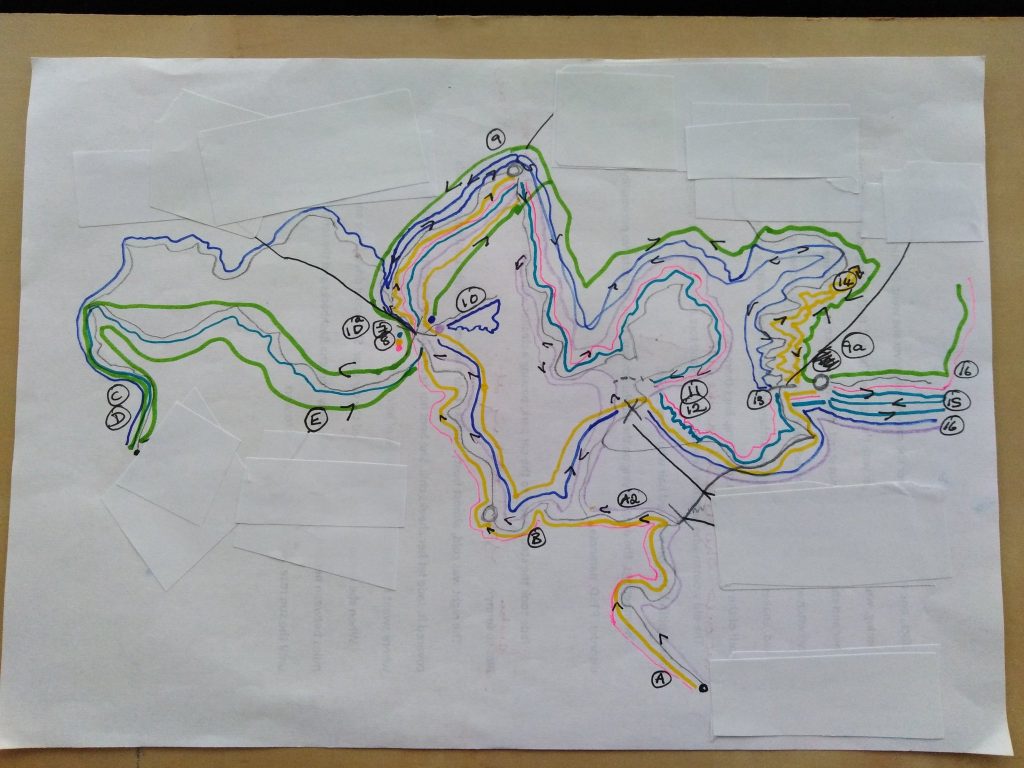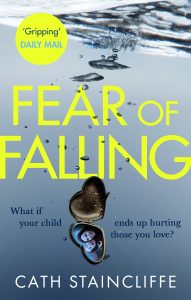During the lockdown when libraries and bookshops are closed you can still order books online from some suppliers (though there may be a wait for delivery). You can also buy digital books and you can borrow digital editions from libraries through the BorrowBox scheme. Here are some titles I’ve really enjoyed – what strikes me about this selection is the variety, they all take place in really different worlds. So if you want transporting somewhere new there might be a place for you somewhere here…
Violet by SJI Holliday
The Nickel Boys by Colson Whitehead
The Glass Woman by Caroline Lea
The Lion Tamer Who Lost by Louise Beech
Saltwater by Jessica Andrews
The Hunting Party by Lucy Foley
Conviction by Denise Mina

 Fear of Falling is out in paperback on May 9th. Thanks to all those who have been in touch to say how it chimed with their own experience of adoption. Here’s The Afterword from the book, which explains why I was drawn to write it.
Fear of Falling is out in paperback on May 9th. Thanks to all those who have been in touch to say how it chimed with their own experience of adoption. Here’s The Afterword from the book, which explains why I was drawn to write it.